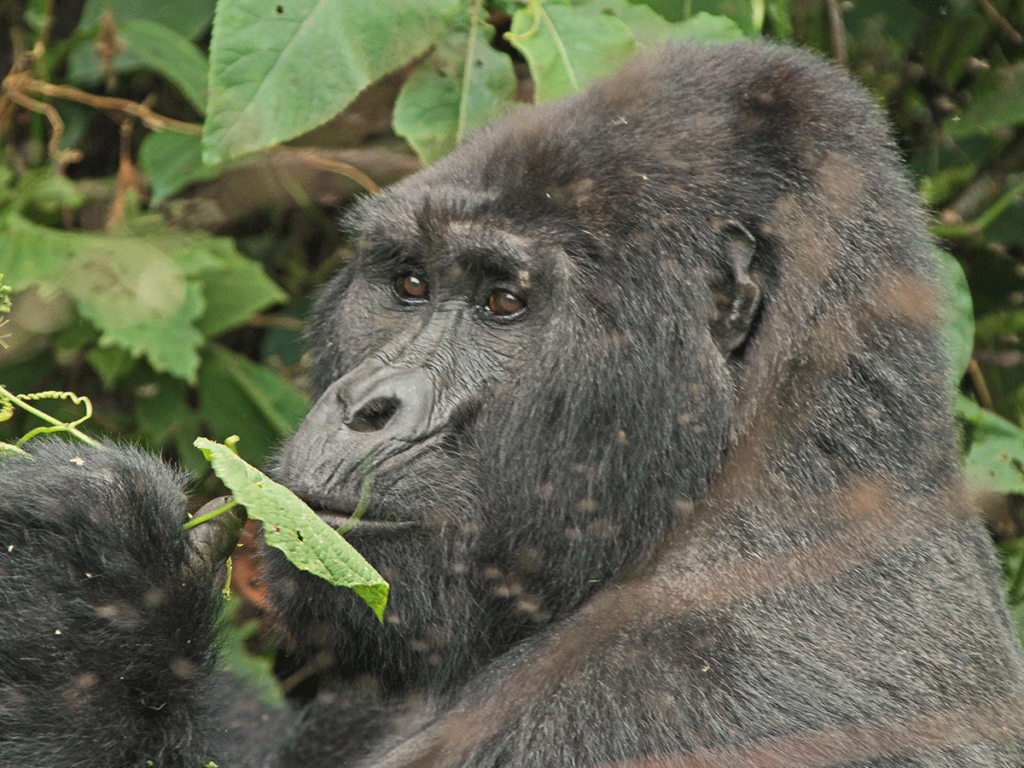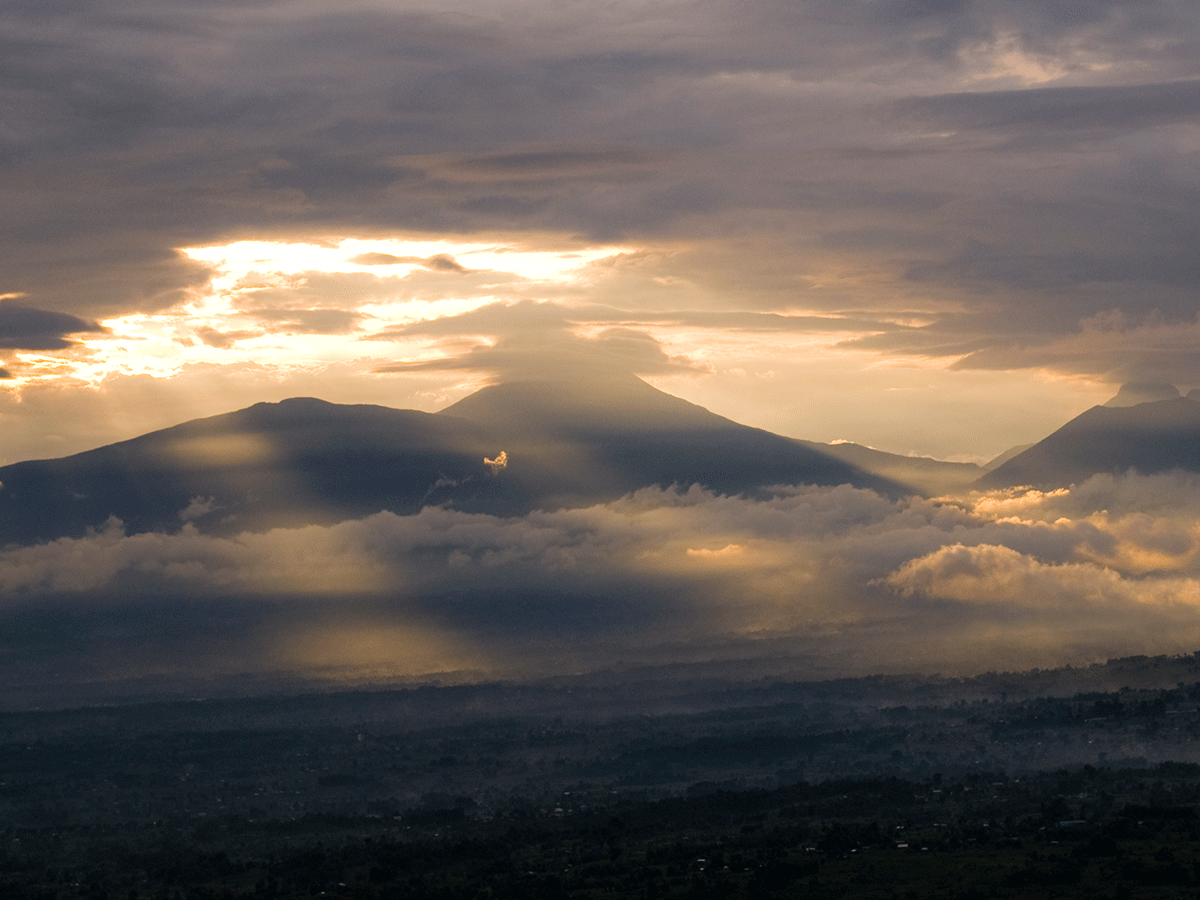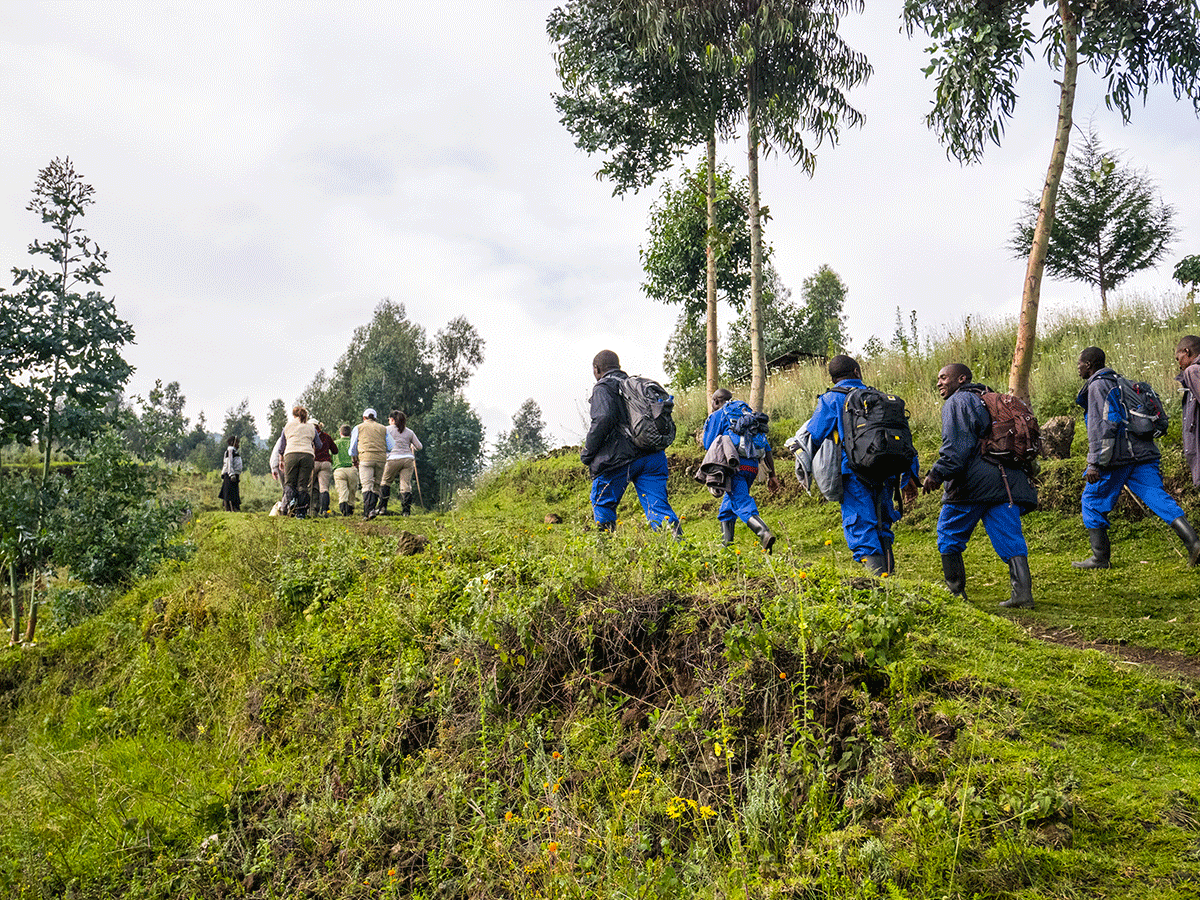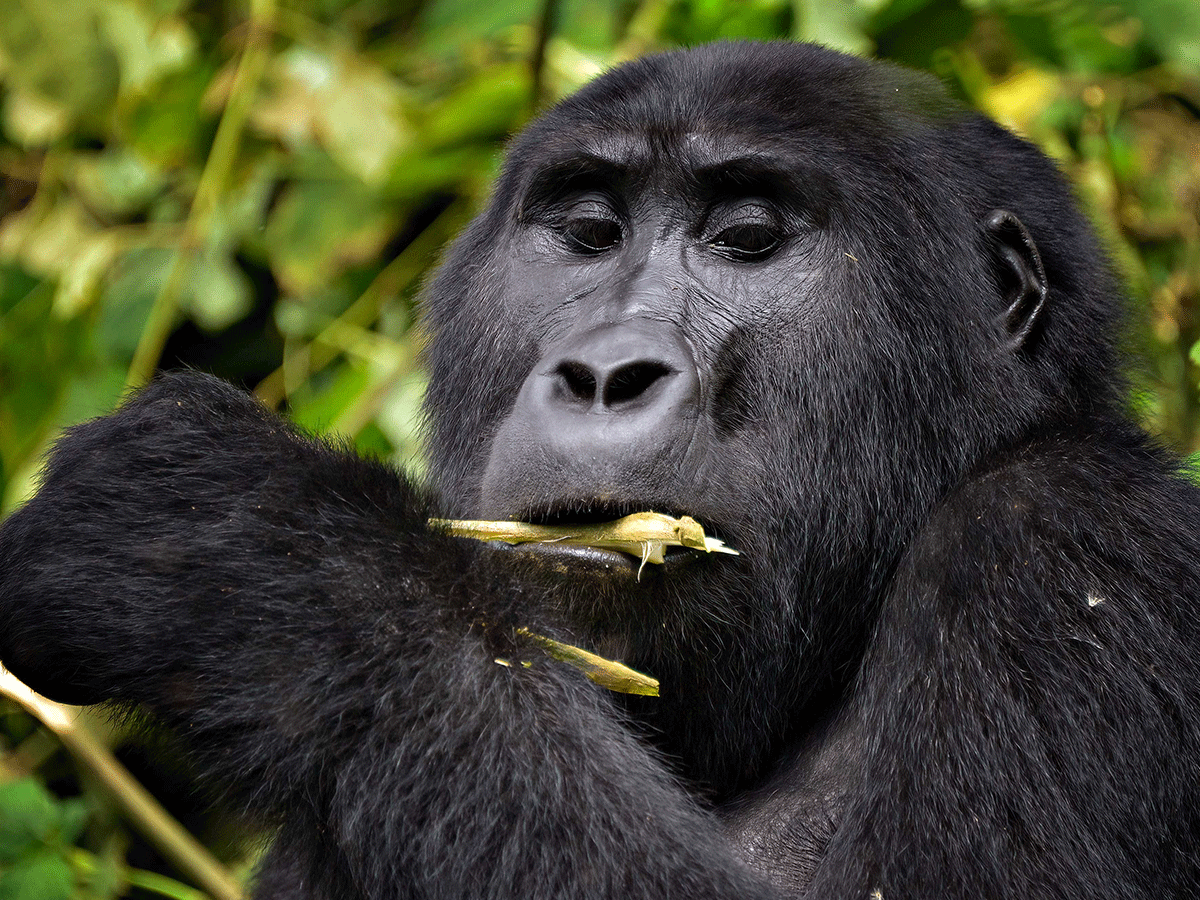Home » Top African Safaris » Manta Ray & whale shark diving Safaris Mozambique
Manta Ray & whale shark diving Safaris Mozambique
Manta Ray & whale shark diving Safaris Mozambique
Dive or snorkel with Whale Sharks and Manta Rays in the warm waters of the Indian Ocean along the Mozambique coastline and marvel at their grace and beauty. They are quite curious about humans and being in the water with them is an unforgettable highlight for any Mozambique holiday.
Whale Sharks
This endangered species is the largest living fish in the world and known to reach lengths in excess of 14 meters (46 feet plus). Up close you can see markings of alternating thin white vertical bars, columns of white spots on a dark background, and also long ridges on the upper side of the body.
The Whale Shark is an amazing animal to observe closely and you do not even need to be a qualified diver to swim with these gentle creatures from the deep. They have peaceful natures and are quite harmless. Humans appear to be their only predators with hunting practices now on the rise.
Whale Sharks have wide flat heads with mouths that extend from one side to the other. They eat small schooling fish and also tiny plants and algae while slowly swimming along near the surface. Whale Sharks take in massive amounts of seawater in steady gulps and use a filter-feeding method to trap food particles.
Manta Rays
The Manta Ray is classified as a fish. It is one of the biggest and a great deal about its life continues to be a mystery. The largest known Manta-Ray specimen is more than 7.6 meters (25 feet) across, with a weight of about 2 300kg (362 stones). Mantas are directly related to the Stingray but they don't have a stinging barb.
The anatomy of the Manta Ray is of great interest to researchers, as its design demonstrates an excellent ability to evolve and adapt for the survival of the species. Mantas' mouths are lined with lots of sharp teeth and situated on top of their heads. The teeth are not for eating purposes but an efficient filter-feeding system is used instead.
Mantas are very acrobatic despite their shape and can even jump completely out of the water. They are curious and will often surface to investigate stationary boats without their engines running. As they move through the water their swimming action is graceful and similar to the flapping of a bird's wings. Mantas are incredibly fast, swimming and darting away quicker than the human eye can follow.
Where to find Whale Sharks and Manta Rays in Mozambique
These marine animals can be spotted throughout the year in Mozambique waters, but they tend to be more often seen in the summer. Two hotspots for viewing them while on diving and snorkeling excursions are Praia do Tofo and the Bazaruto Archipelago. In Tofo, they are most concentrated between September and February, and in the Bazaruto Archipelago, they congregate between October and April. February is the month for cyclones though. You can swim and snorkel with them but you will need to be responsible and follow strict guidelines for interaction. Always enquire about the probability of seeing these creatures when booking your Mozambique holiday so you don't arrive out of season or in a bad season.All you need to know before traveling to Mozambique
Climate. Mozambique has a warm, tropical climate. The average temperature is around 28 degrees Celsius (82° Fahrenheit), and the weather along the coast is sunny and warm even in midwinter. The two primary seasons consist of the wet season, from October to March, when temperatures average between 22°-31°C (72°- 87°F) in February, but with cooler temperatures in the interior uplands, And the dry season, which lasts from April to September with temperatures averaging 13°-24°C (55°- 75°F) in June. Dress Code. Casual clothing is acceptable in the bigger towns and cities in Mozambique and dependent on the climate. Comfortable beachwear is fine on the coast, just be sure to take sun cream because the sun gets very strong in the summer months.What to Pack for a safari to Mozambique
- Layers - long and short sleeve shirts and trousers
- A warm fleece or jumper
- A lightweight waterproof jacket
- Comfortable but sturdy shoes
- Flip-flops
- Swimming costume
- A hat or baseball cap
- Sunglasses
- Sunscreen – a must!
- Toiletries – most camps will provide shampoo, shower gel, and soap
- A small torch
- Spare batteries, plug adaptors, and charging equipment
- A good pair of Binoculars
- Books or a fully loaded Kindle / iPad for siesta time
- A telephoto lens (200/300mm)
- Flash and fast film (400 ASA) for night photography
- Lots of films (64,100,200,400 ASA) if you’re using SLR cameras
- Spare memory cards for digital cameras
- Camera cleaning equipment and a good dust proof bag Bring spare batteries as although you may recharge your batteries at the camps, charging capacity can be limited
- Safari Camp lead guide: $10 - $15 per person per day
- Transfer drivers (e.g. in cities or between airport and hotel/lodge): $2 per person per transfer
- Porter: $1 per bag
- Ranger or any “ancillary” guides on an ad-hoc basis for a specific activity: $3 - $5 per person per activity
- General Camp staff (put in a central box in each camp’s main area): $7 - $10 per person per day
- Waitstaff in a city restaurant: 10%-15% (large group may incur automatic service charge, please check)
Best time to visit Mozambique
Starting at the beginning of the year, January to March is Mozambique’s rainy season, characterized by hot days and unpredictable thunderstorms. It might not be picture-perfect beach weather every day, but the water is warm and tropical. In April and May, the rains are coming to an end, the humidity is going down and the temperature is a lovely 25 degrees. June to September are possibly some of the best months to visit Mozambique and conditions are all-around blissful; handily this is also when the humpback whales start to migrate down the coast. Towards the end of the year, the temperatures start to rise (along with the humidity) but October and November should be fairly clear of rain and are great months to visit. In December, the showers start to appear again, but if you’d like to spend Christmas on the beach, Mozambique isn’t a bad shout at all.START PLANNING YOUR SAFARI NOW!
Talk to one of our African adventure experts and let them tailor-make your safari
You might also be interested in...
Our experts have hand-picked further safari packages to suit your adventure dreams.
Inspirational journeys




